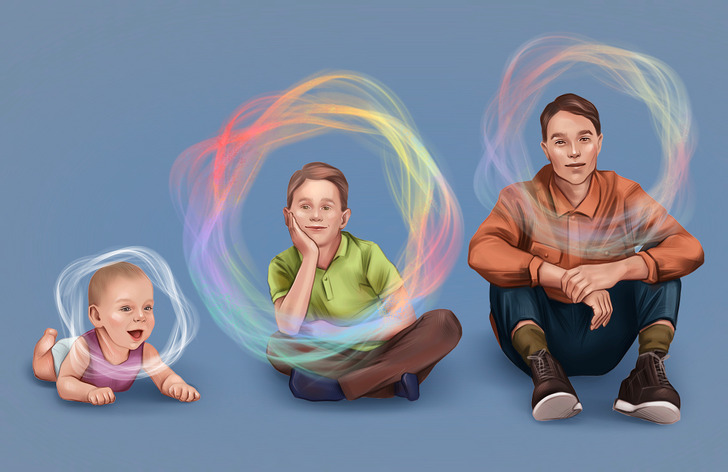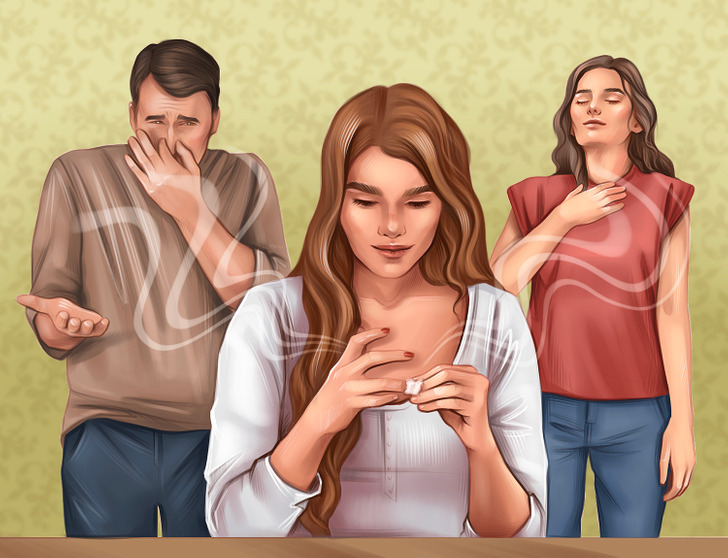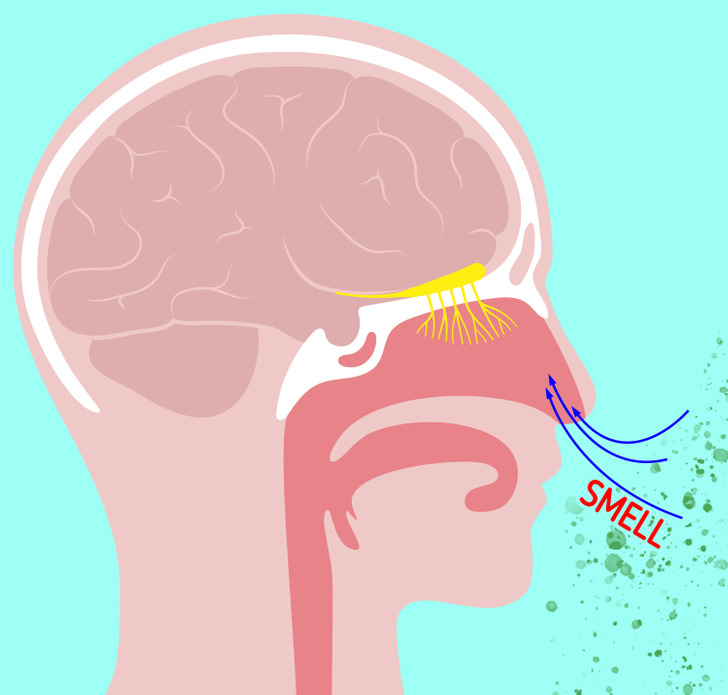Why We Avoid Unpleasant Smells
The same smell can cause different or even opposite feelings in people. Some of them remind us of childhood, others make us instantly lose our appetite, and there are some that cause an instant bodily reaction that’s hard to cope with. We react to various smells differently, and there is an explanation for it.
5-Minute Crafts decided to figure out why some smells seem attractive to us, while others turn us off.
What a smell is and how we sense it
A smell is one of the properties of substances that we perceive through the nose. Getting into the nose, the air is cleared of foreign particles thanks to the hairs there. Then it moves further into the upper part of the nasal cavity, where the olfactory receptors for perceiving different types of chemical substances are located. From there, they start signals that go to the olfactory bulbs via the nerves. They identify smells and transmit signals along the nerves to the brain, which recognizes them and triggers a certain reaction to them.
The sense of smell plays an important role in human life — for example, it helps to detect delicious food or, conversely, warns of a spoiled product.
Why we like some smells and not others

The nose of an adult person distinguishes trillions of smells, and our brain is capable of remembering about 50,000 of them. But a lot depends on the person’s age. Newborns distinguish only several smells, like how the body of their mother smells. By the age of 8, the sense of smell improves. But after 20 (or after 15, according to some data), a person loses their sharp sense of smell. Also, there is reason to believe that a person cannot distinguish the individual aromas of musk until they reach puberty.

A person’s ability to distinguish smells is connected not only to their age but also to gender and even the presence or absence of harmful habits. That’s why some people are more sensitive to smells and distinguish more smells, while others, on the contrary, are less sensitive.
Also, we can react to the same smells differently. For example, the smell of acetone may be unpleasant for a man, but it might be pleasant for a woman who associates this smell with getting rid of old nail polish and cleanliness.
Our reaction to a smell can also be connected to our personal experiences from the past. If the smell appears when we are living through positive emotions, it’s likely that we will remember it as a pleasant one, even if it’s not, and vice versa. Thus, the smell of dirt may seem nice, while the smell of roses or vanilla might be disturbing.
Cultural characteristics of life in a particular country also play a role. For example, in some countries, children eat licorice marmalade from an early age, so they love the taste and smell of licorice. At the same time, in other countries, people come across the taste of licorice for the first time while being sick like, when they ingest syrup for cough. This experience makes the smell of licorice disgusting to them.
But there are exceptions. Some smells, like the smell of ammonia, can cause a negative reaction right away.
Apart from that, individual genetic characteristics can also affect the way a person perceives smells. For example, it’s for this reason that some people think the smell of cilantro or coriander is unpleasant.

We often talk about the smell of sweat, however, sweat practically has no odor. It appears when sweat interacts with bacteria present on the skin. The amount of sweat doesn’t affect the body odor, so a person can smell bad without sweating profusely. There are people who don’t have a pronounced body odor, so their sweat doesn’t smell either.
The smell of a person who is sick or is about to get sick is different from the smell of a healthy person. That can be an unpleasant smell from the mouth, a strong odor of urine, or sweat. Everything depends on the illness. For example, a person suffering from yellow fever smells like a butcher shop. A person with a cold or flu may have bad breath due to the fact that nasal mucus accumulates in the throat, the nose is stuffed up, and the lips are dry.
Such smells can cause different reactions in people around them, from empathy to the attempt to protect oneself from the sick person. When we are healthy and feel an unpleasant smell, we will try to get rid of it and, in the case of having a sick person around, it can help us protect ourselves from catching the illness.
If unpleasant smells always warn us of danger
On one hand, an unpleasant smell is often a warning from the brain that a person needs to be careful.
But the smell itself can’t be a reliable indicator of whether this or that chemical substance is dangerous for your health. For example, carbon monoxide is a gas that is toxic to humans at any concentration but has no odor. At the same time, sometimes the presence of a problem can be recognized only by smell, like if there is a leak of natural gas (which also has no odor, but when used in everyday life, odorants with a specific “gas smell” are added to it).

